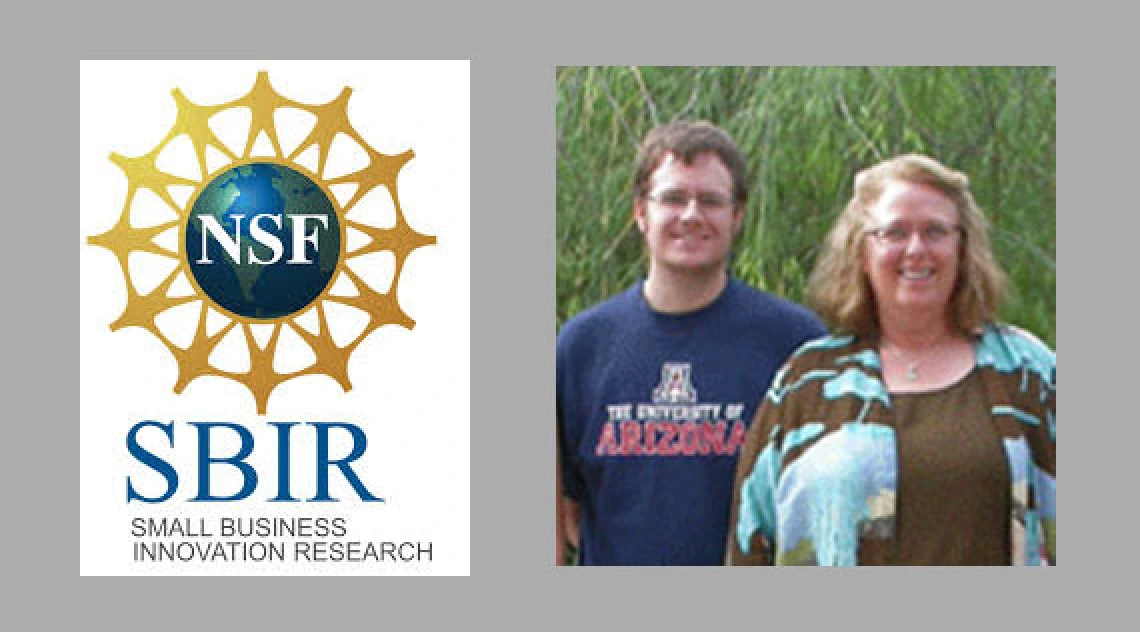Dr. Maier’s Research Team Wins NSF STTR Phase I Grant

 University of Arizona Superfund Research Center (UA SRC) Director Dr. Raina Maier and her research team won a Small Business Technology Transfer (STTR) grant from the National Science Foundation (NSF) to investigate “Glycolipids as Inexpensive Solid Supported Ligands for Uranium Remediation.” The project has a budget of $225,000 for six months.
University of Arizona Superfund Research Center (UA SRC) Director Dr. Raina Maier and her research team won a Small Business Technology Transfer (STTR) grant from the National Science Foundation (NSF) to investigate “Glycolipids as Inexpensive Solid Supported Ligands for Uranium Remediation.” The project has a budget of $225,000 for six months.
The research team – made up of Maier; Dr. Chett Boxley from GlycoSurf, LLC; Dr. David Hogan from the University of Arizona; and Dr. Tim Dittrich from Wayne State University – previously studied rhamnolipids for the recovery of rare earth elements on a Phase I Small Business Innovation Research (SBIR) grant from the NIEHS. In that work, the synthesis of rhamnolipid was found to be too expensive due to the high cost and limited availability of rhamnose, the sugar component of rhamnolipid.
Leveraging lessons learned in the NIEHS grant, the NSF STTR Phase I project will explore cost-reduction strategies for new glycolipids. The researchers aim to innovate new green, sugar-based glycolipids that selectively bind uranium; are produced using abundant, inexpensive sugars; and can be attached to solid matrixes for use in packed-bed reactor systems for water remediation applications.
 Success of the glycolipid sorbents will be gauged by their ability to remediate solutions to regulatory standards. The commercialization potential and economic feasibility of each glycolipid will be assessed in a technoeconomic analysis and compared to existing water treatment technologies such as reverse osmosis and ion exchange resins.
Success of the glycolipid sorbents will be gauged by their ability to remediate solutions to regulatory standards. The commercialization potential and economic feasibility of each glycolipid will be assessed in a technoeconomic analysis and compared to existing water treatment technologies such as reverse osmosis and ion exchange resins.
The team of researchers is awaiting an award decision on a Phase II NIEHS proposal to continue this work at larger scales. Lessons learned in both the NSF STTR and NIEHS SBIR projects will be used to guide glycolipid-based remediation technologies to market where they can be used to address metal contaminated solutions for environmental, human-health and economic benefits.

